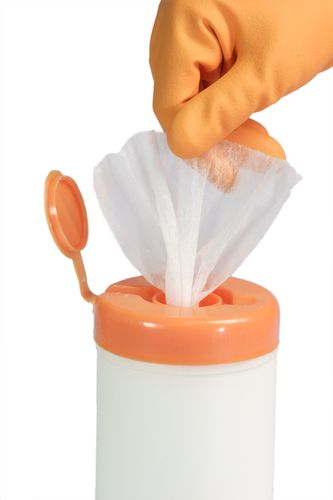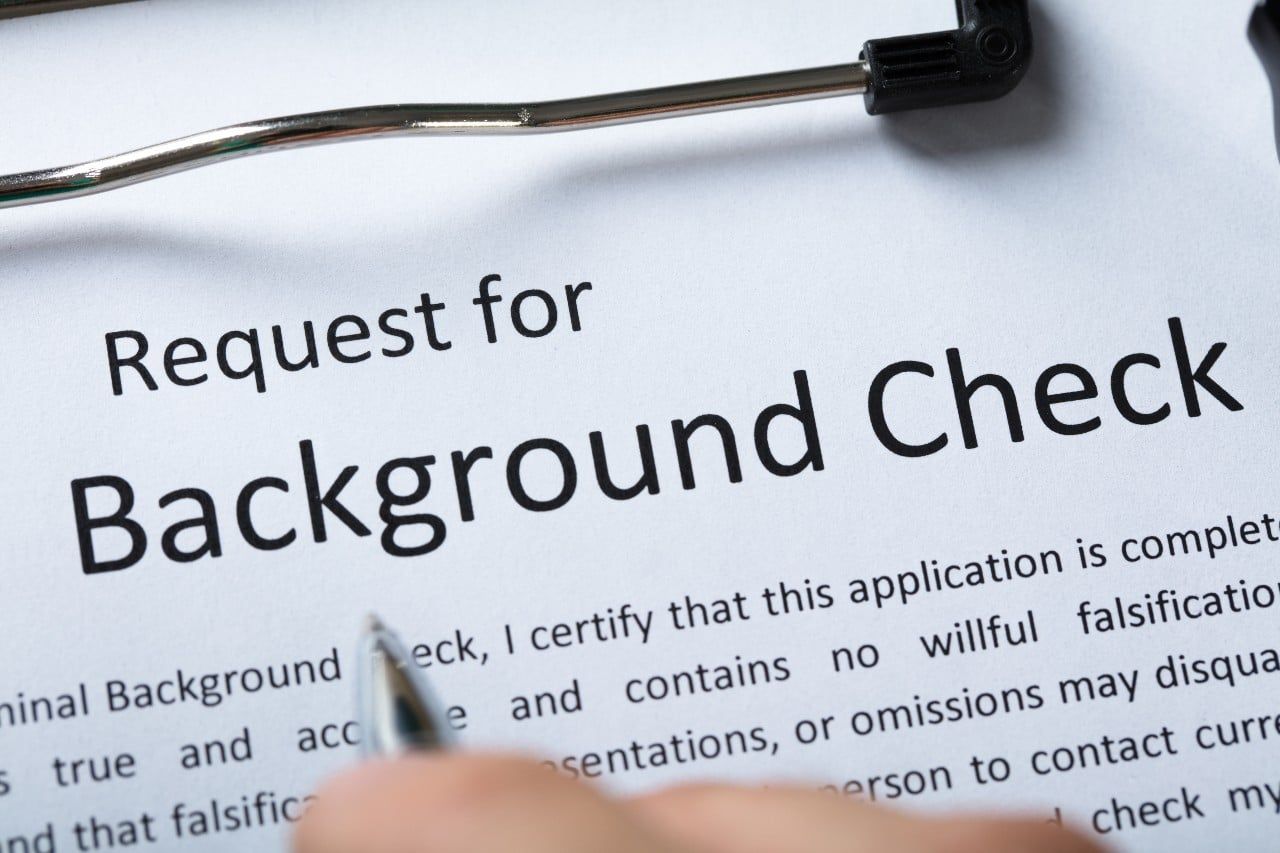 The desire for greater convenience in our lives has made non-woven wet wipes a multi-billion dollar industry. Wet wipes are available for just about any bathroom cleaning task – wiping, removing makeup, changing a baby, washing the counter or cleaning the floor.
The desire for greater convenience in our lives has made non-woven wet wipes a multi-billion dollar industry. Wet wipes are available for just about any bathroom cleaning task – wiping, removing makeup, changing a baby, washing the counter or cleaning the floor.
These increasingly popular bathroom wipes–pre-moistened towelettes that are often advertised as flushable–are being blamed for creating clogs and backups in sewer systems around the nation.
Water Treatment Plants Report Flushable Wipes Problems
Following the same route as all other waste, the wet wipes travel through household pipes, sewer pumps, and arrive at water treatment plants, which have also reported problems after supposedly flushable wipes clogged and damaged existing sewer pumps.
Wastewater authorities say flushable wipes may go down the toilet, but even many labeled flushable aren’t breaking down as they course through the sewer system. That’s costing some communities millions of dollars to dispatch crews to unclog pipes and pumps and to replace and upgrade machinery.
“Nonwoven wipes are changing the characteristics of the waste stream,” explains Wendy Barrott, the Detroit Water and Sewerage Department’s (DWSD) Wastewater Treatment Plant General Manager. “The equipment in our sewer system and at the treatment plant was not designed to handle this.”
Wet-strength, the very characteristic that makes flushable wipes so attractive from a cleaning standpoint, makes them a nightmare to clean up in the sewer system. Flushable wipes retain their strength, attach to other wipes and catch on equipment in rope-like chains. Wet wipes also form clumps that grow into hard masses creating blockages and damaging equipment.
Sewers need to be cleaned with high pressure water jet equipment to break apart these obstructions, and pumps have to be pulled so messy clumps of wet wipes can be detangled and cut away.
Communities throughout the country are becoming increasingly frustrated as flushable wipes damage their sewer pipes, pumping and lift stations and wastewater treatment plants (WWTPs). Maintenance costs are rising due to increased labor to remove the flushable wipes.
Utility companies and local governments are focused on two things to stop this growing problem: urging consumers not to flush the products and convincing manufacturers to adjust their labeling.
Studies Show “Flushable” Wipes May Not Be Flushable
Wet wipes or baby wipes have been on the market since the late 1970s, but people didn’t start flushing these and other wipes until “flushables” hit the shelves. Personal cleaning wipes have grown into a big adult market, changing consumer flushing habits.
Field studies undertaken by associations for clean water professionals and the nonwoven industry in 2011 and 2012 revealed that 40% of materials trapped on pump station inlet screens were nonwoven wipes. Baby wipes represented the largest percentage at 18%, followed by household wipes at 14% and flushable wipes at 8%.
Similar studies have been conducted by sewer officials in other cities. To test whether certain brands of flushable wipes actually disintegrate in water, sewerage employees dyed them bright colors and sent them through the sewer system for one mile.
When the employees checked the sewage further down the system, the colorful wipes were still intact, with the “flushable” wipes only showing minor rips and tears.
The Federal Trade Commission recently asked for data to help conduct an investigation into the “flushable” label, and although there is no set standard for the term as of yet, attorneys are investigating whether flushable wipes manufacturers who used false or misleading labels on their products may be responsible for any resulting damages.
Join a Flushable Wipes Class Action Lawsuit Investigation
If you purchased one of the following flushable wet wipes, you may qualify to join a free class action lawsuit investigation:
- Babyganics® flushable wipes
- Charmin Freshmates
- CVS flushable wipes
- Equate® flushable wipes by Wal-Mart
- Kandoo® flushable wipes by Pampers
- up & up® flushable wipes by Target
- Walgreens flushable wipes
- Other flushable wipe products
ATTORNEY ADVERTISING
Top Class Actions is a Proud Member of the American Bar Association
LEGAL INFORMATION IS NOT LEGAL ADVICE
Top Class Actions Legal Statement
©2008 – 2025 Top Class Actions® LLC
Various Trademarks held by their respective owners
This website is not intended for viewing or usage by European Union citizens.















One thought on Officials Urge Consumers Not to Flush Flushable Wipes
please add me i buy these all the time , and had trouble